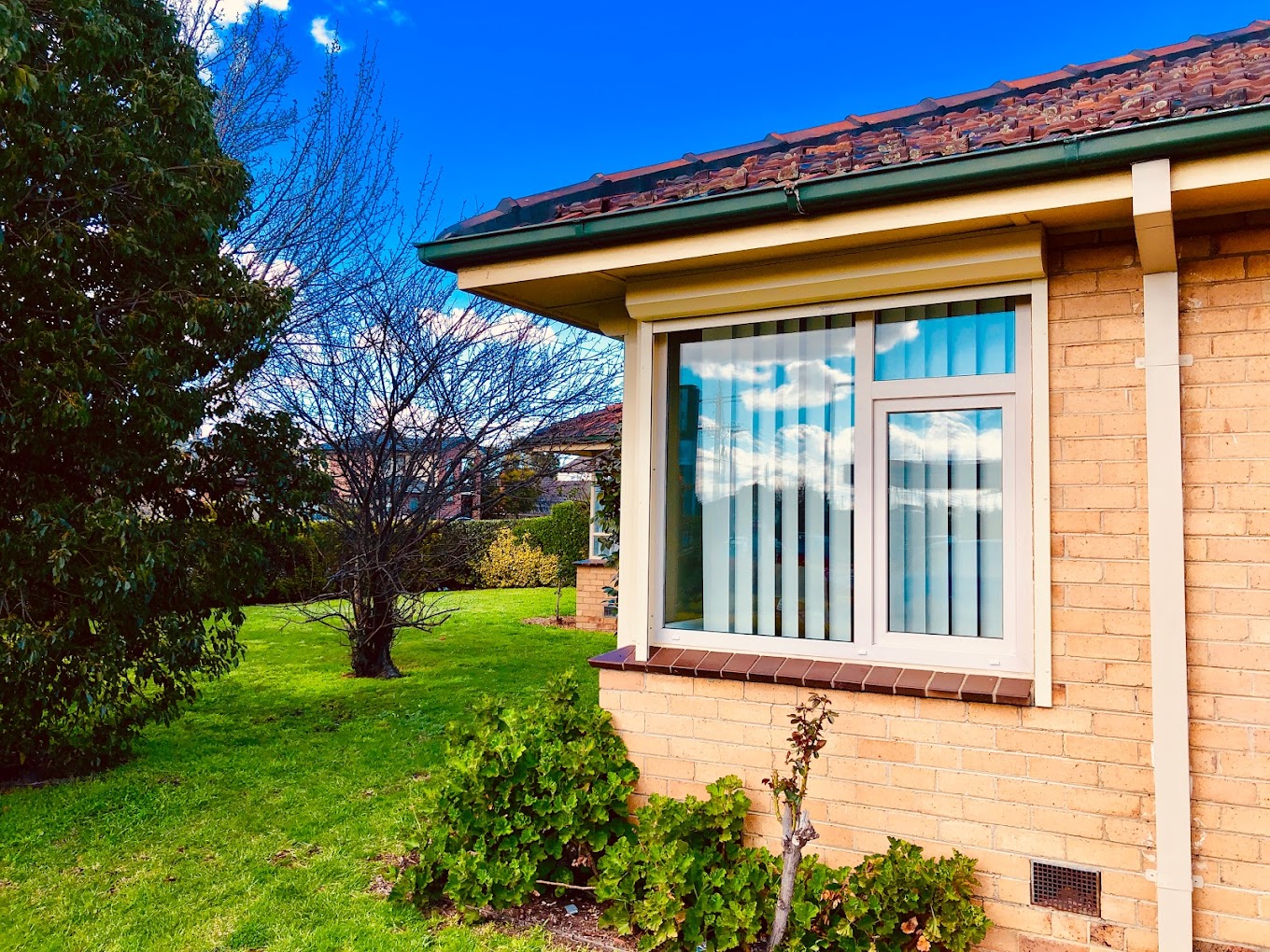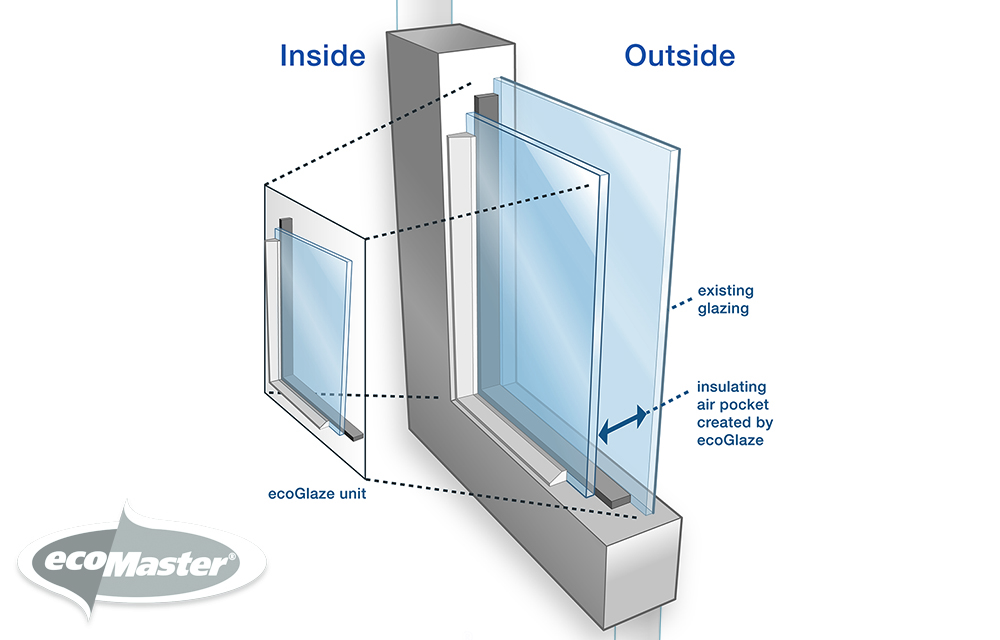All Categories
Featured
Table of Contents
How Does Double Glazing Keep Heat Out? in Padbury Western Australia
That window can transfer more solar heat in winter season than in summer season. A west-facing window on a summertime's afternoon has an angle of incidence from near 0 up to 30 with a large effective location of solar radiation. A north-facing window, in summer season, has a high angle of occurrence and a low reliable location of solar radiation, so can transfer less heat than a west-facing one.

You can rapidly and easily improve the thermal performance of your house by changing your windows. There are thousands of types of glass and frames to select from.
Double Glazing Versus Secondary Glazing in Bedfordale WA
Single glazing with clear glass is not really efficient when it comes to heat loss or gain. To improve performance, you can use single glazing with a more energy-efficient type of glass such as low emissivity (low-e) glass.
The energy performance of IGUs also depends on: the homes of each layer of glass. Different glass types (for example, clear and low-e glass) can be put together in an IGU.
Double Glazed Windows – Their Amazing Benefits For ... in Kelmscott Western Australia

IGU cavities can be filled with air or a more inert, low-conductivity gas such as argon the width of the cavity. Cavity density is usually 6 to 18mm. Wider cavities provide lower (much better) U worths, with 12mm normally accepted as the preferred space how well the cavity is sealed. Cavities must be dry and well sealed to prevent wetness getting in.
If argon is set up to the cavity in place of air, wetness is reliably left out the level of desiccant (drying representative). The spacer (metal or polymer strip) that separates the glass layers includes a desiccant to absorb any wetness. Insufficient desiccant may cause moisture to condense on the glass surface area in cold conditions, reducing thermal efficiency.
Why Do You Need Double Glazing Windows In Summer? in Wattle Grove Western Australia
IGUs can deliver much better energy performance for all climates, especially in heated and air-conditioned homes. Cross-section detail of single, double and triple-glazing units Low emissivity glass (frequently called low-e glass) lowers heat transfer. Low-e glass might be either high or low transmission: High transmission low-e glass has a coating that allows daylight from the sun to enter your home to achieve great solar heat gain, however decreases the quantity of the long wavelength infrared heat that can escape back through the window.
Low-e glass has either a pyrolytic finishing or a vacuum-deposited thin movie metal finish. Pyrolytic finishes are resilient and can be used for any glazing; vacuum-deposited coatings are soft and are only used within IGUs. Low-e finishings can substantially enhance both U value and SHGC; nevertheless, they must be used correctly or they will either deteriorate or stop working to carry out as needed.
Double Glazed Windows Melbourne - Upvc - German ... in Mount Hawthorn Western Australia
Low-e coverings can be utilized in combination with clear, toned or reflective glass. Low-e finishings on glazing can decrease heat transfer where needed Image: Department of Market, Science, Energy and Resources Toned glass has colouring additives consisted of throughout manufacture. It is available in various colours, normally bronze, grey, blue and green.
Latest Posts
How To Upgrade Your Garden's Summer House For Year- ... in Hilton WA
When Is The Best Time Of Year To Replace Windows? in Hovea Western Australia
Sustainability in Coolbellup Perth